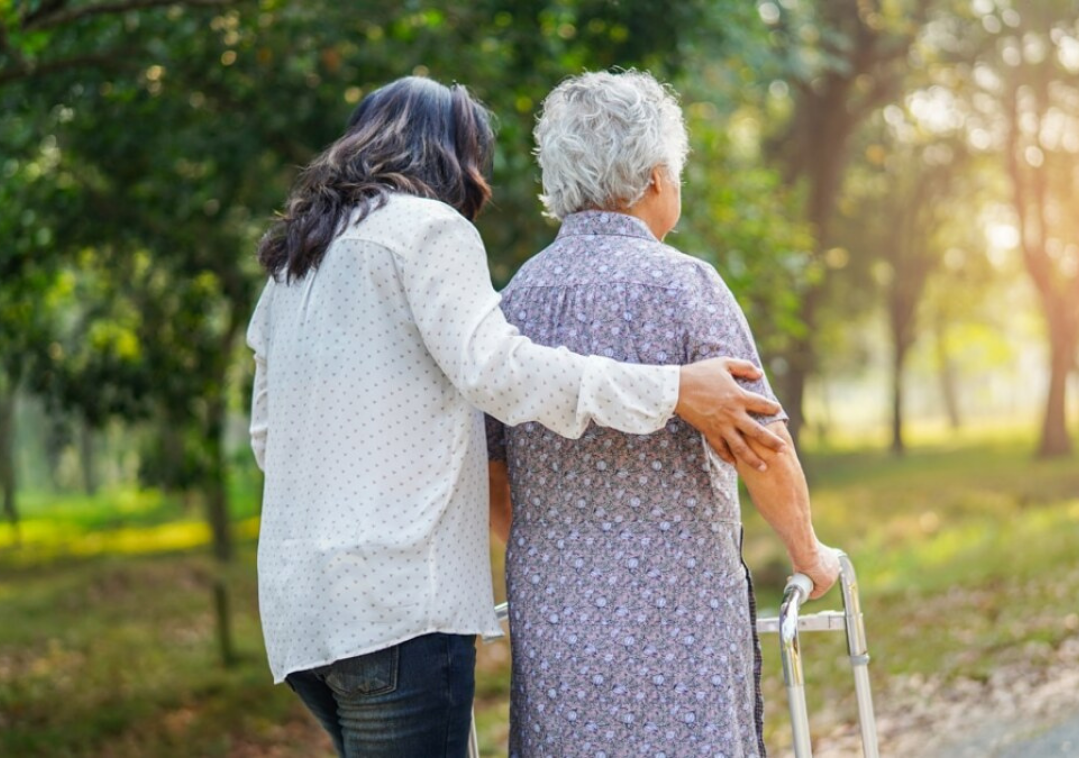People with COPD Have More Falls on Certain Drugs

The majority of injuries in older adults are the result of falls, according to researchers, and the Centers for Disease Control and Prevention (CDC) identifies the use of various medications as causing or contributing to falls. A new study addresses the role of medications in falls among those with chronic obstructive pulmonary disease (COPD) and concludes that people with COPD are more likely to experience a fall than those without the disease, partly because they often take fall-risk increasing drugs (FRIDs) such as benzodiazepines, sedative-hypnotics, antihypertensives, and other psychoactive agents.
Researchers conducted a retrospective cohort study in a large public health system in which they evaluated the connection between FRIDs and injurious falls in COPD patients in the last two years of their lives. They found that having one or more FRID prescriptions was associated with a higher risk of injurious falls. The most prescribed FRID classes of drugs taken by these patients were antihypertensives, opioids, and benzodiazepines. They also determined that use of FRIDs was statistically higher in those individuals who actually experienced an injurious fall.
The authors noted, “In situations of polypharmacy, it can be difficult to decide which medication should be prioritized for dose reduction or discontinuation.” However, they added that the most prescribed FRID class among COPD patients was antihypertensives, so this is likely a good starting point. The authors also observed that dementia was a common comorbidity among those individuals in the study who had experienced a fall. This is consistent with other studies showing that people with dementia are 2 to 3 times more likely to fall versus COPD patients without dementia. This is partly because gait control is negatively impacted by cognitive impairment, the authors said. They added, “When possible, nonpharmacological alternatives to FRIDs, or using the lowest FRID dose possible for the shortest duration, should be encouraged for patients living with both COPD and dementia.
CDC statistics point to the importance of addressing falls prevention among older adults, including those with COPD. The agency notes that one in 10 falls results in an injury that causes older adults to restrict activities for at least a day. Further, every year, three million emergency department visits are due to older people falling; and there are about one million fall-related hospitalizations among older adults. Falls are a common cause of hip fractures and the most common cause of traumatic brain injuries.
As medications are a significant contributor to falls among COPD patients and other adults, medication reviews and other interventions by the pharmacist are key to fall prevention. American Society of Consultant Pharmacists CEO Chad Worz, PharmD, BCGP, FASCP, observed, “Pharmacists are central to the management of almost every problem older adults face. Pharmacists who work in long-term care with older adults are experienced and skilled at identifying risk, tailoring medication approaches, and ensuring access to the right medications for each patient.”